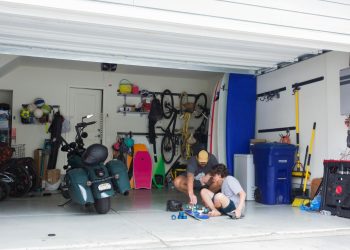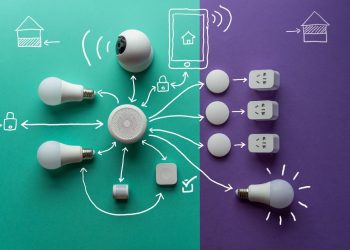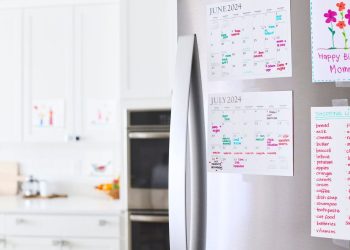Home insurance policies may have a number of exclusions. If your home or belongings get damaged or destroyed by something that your homeowners insurance doesn’t cover, you will have to pay for repairs or replacement out of your own pocket. Those bills may be thousands, or even tens of thousands, of dollars. Understanding what a policy does and doesn’t cover before you purchase can help you avoid winding up in that type of situation.
Typical Homeowners Insurance Exclusions
Most standard homeowners insurance policies don’t cover flooding, earthquakes or damage caused by pests, wear and tear, or neglected maintenance. Homeowners insurance may provide liability coverage for dog bites, but insurers may refuse to extend coverage for dogs of specific breeds or other pets that have a history of biting. A standard homeowners insurance policy also won’t provide liability coverage for a home-based business.
A policy may cover damage in some cases, but not others, depending on the cause of the loss. For example, insurance will cover roof damage if it’s caused by a storm, but not if neglected maintenance was the cause or a contributing factor.
Other Types of Insurance Coverage to Explore
If you want to cover a specific peril but can’t do it with a standard homeowners insurance policy, you have other options. In some cases, you may be able to purchase additional coverage from the same company to supplement your basic homeowners insurance policy.
In other instances, you may have to purchase a separate insurance policy to cover a specific peril. For example, you may have to buy a standalone flood insurance policy through a different carrier or take out a separate business insurance policy to cover potential losses related to a company that you operate out of your home.
Make Sure You Have the Right Insurance Coverage
Many people assume that a homeowners insurance policy covers any type of damage to their home or its contents, but that isn’t true. When shopping for insurance coverage, be sure to ask your agent or an insurance company representative what the policy doesn’t cover. If you need additional coverage, you will be able to discuss that and find out if you can obtain it through the same company or if you will have to look elsewhere.
If you already have homeowners insurance, carefully read through your policy and note the list of exclusions. If you see that something you want to cover is excluded from your existing policy, contact your insurance company or agent to discuss your needs and options.










